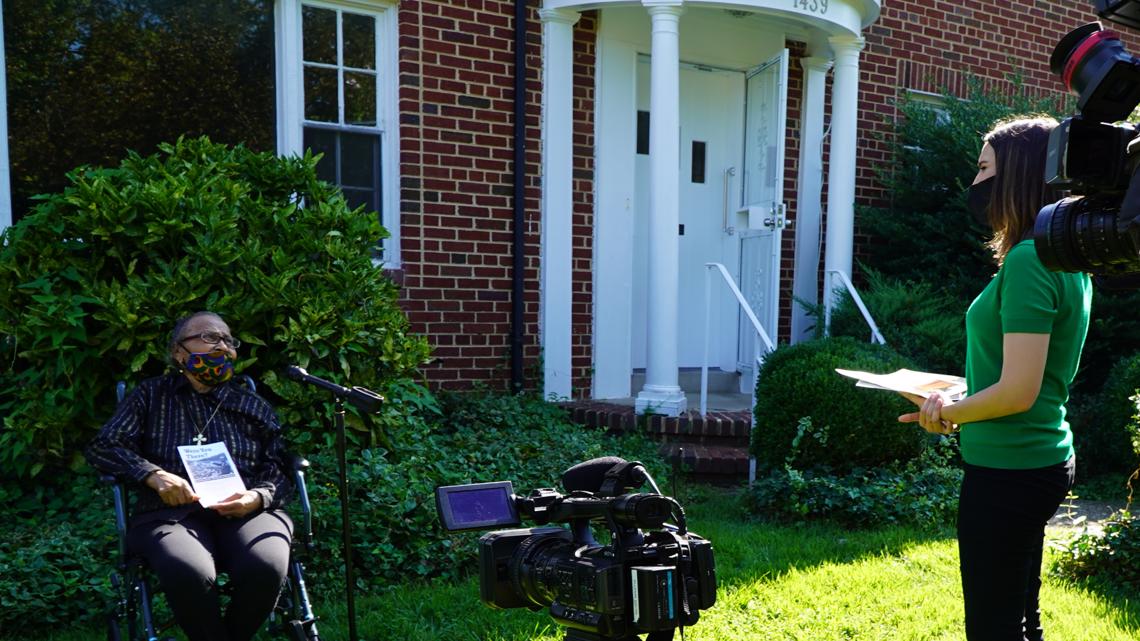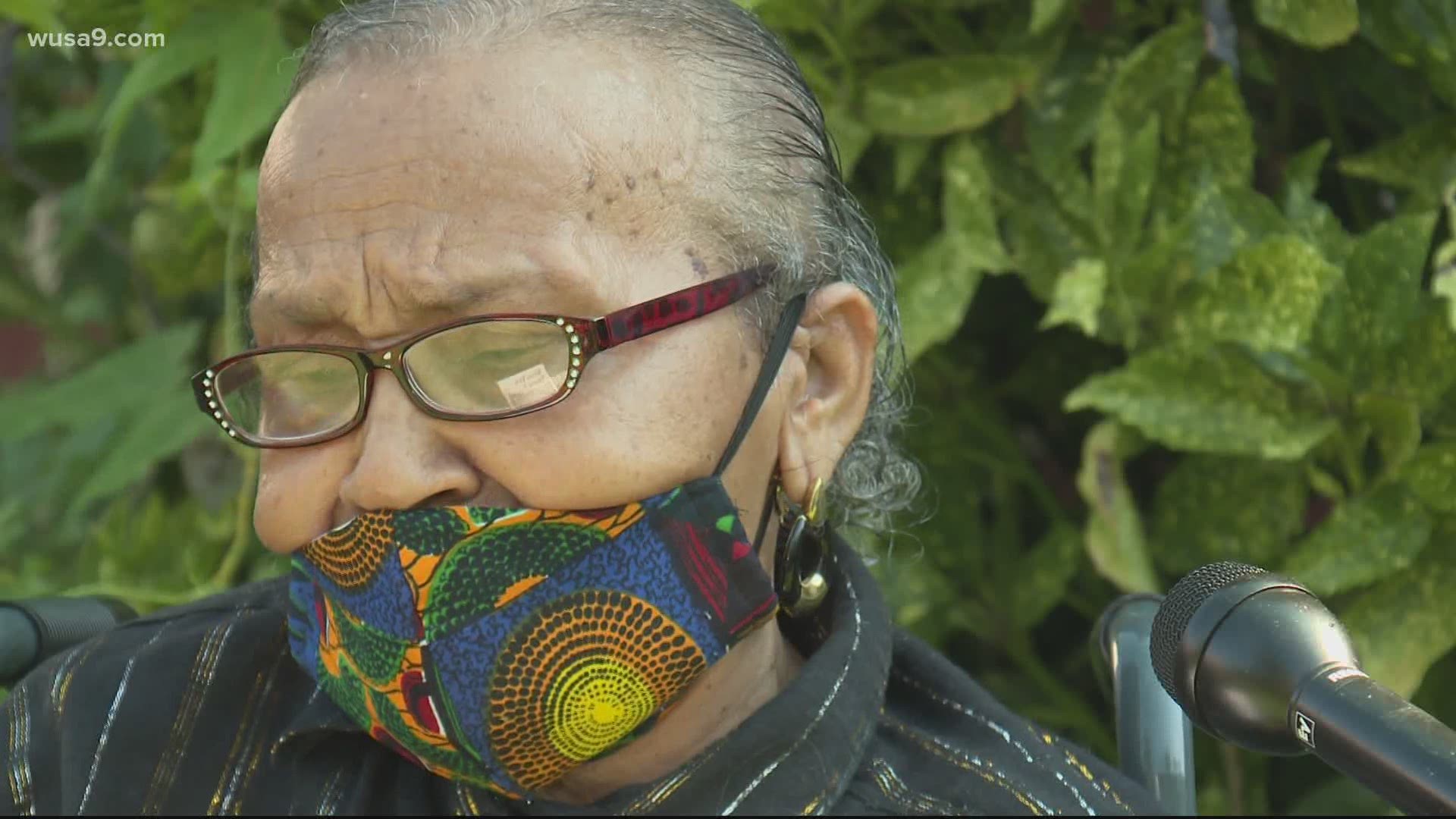WASHINGTON — Female voices will help play an important role in the 2020 March on Washington. However, 60 years ago, a different era meant women being almost entirely excluded from the main speaking roles.
In photos dating back almost 60 years, Nettie Hailes remembers being on the front lines of the Civil Rights Movement. Ms. Hailes shared her vivid memories of the 1963 March on Washington.
"And to think of all the people who came here [D.C.] from so many different places. I think that’s what I remember the most. Then I remember Martin Luther King Jr. up there on that podium when he started giving his speech. Oh my goodness, we were so thrilled," said Hailes.

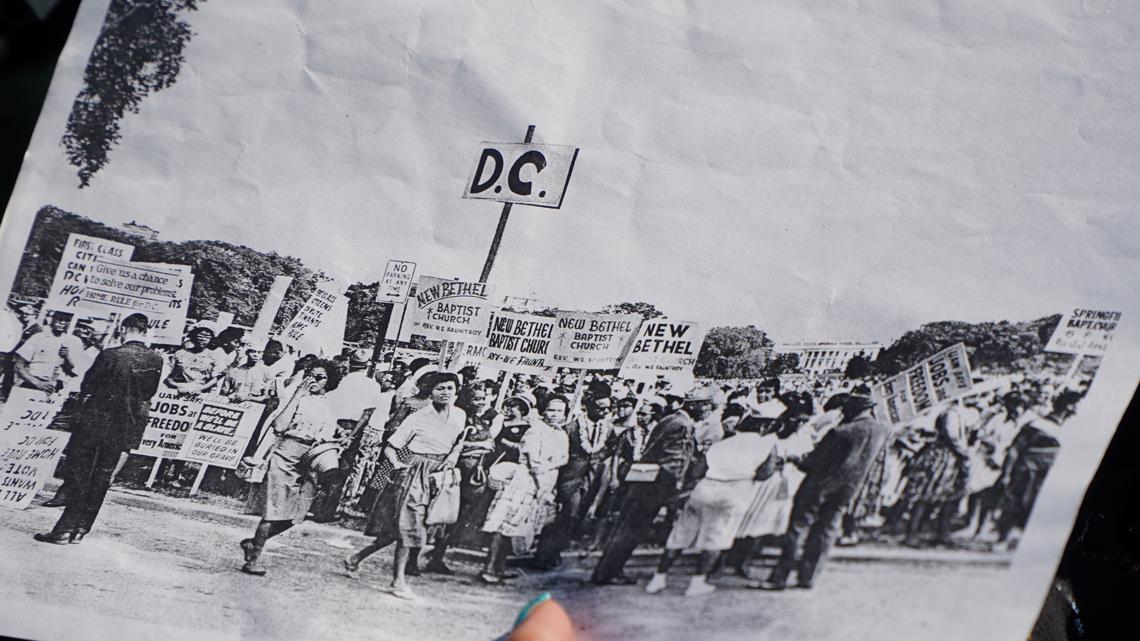

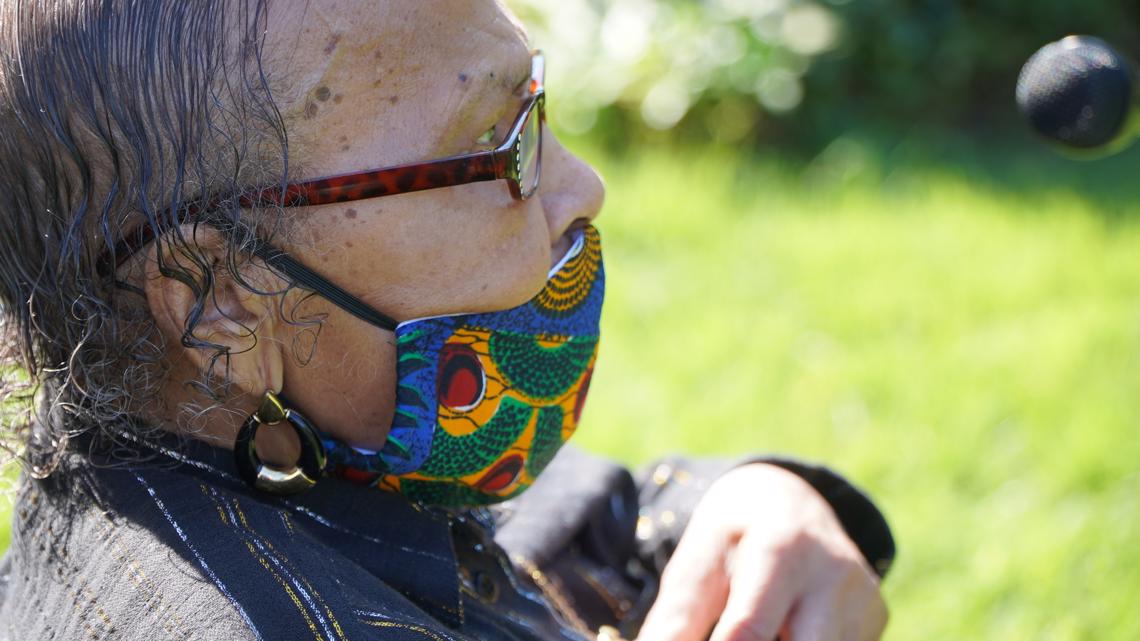
"One of the things I remember the most in the march, God blessed me to see some people from my home city. You think about how there were thousands of people and I actually spotted people from my home city," said Hailes.
Hailes remembered the crowds of people and specifically the women who showed up to have their voices heard.
"I think women across the country, wherever they were, really did everything they could to be sure that the crowd was there," said Hailes.
While women made up a large part of the crowd, their voices remained largely unheard as male civil rights leaders declined to give women many speaking roles.
According to the exhibit "Standing up for Change African American Women and the Civil Rights Movement" by the National Women's History Museum, black women leaders like Dorothy Height and Anna Arnold Hedgeman argued it was important to include a female speaker at the podium. The organizers compromised by adding a short tribute to the program, which was delivered by Daisy Bates.
Now, this year's march looks very different bringing in a new generation of women.
"I would want our children to know that you are where you are today because somebody did March and somebody didn’t sit still," said Hailes.
Now, in a photograph she plans to pass down to her children and great-grandchildren, Hailes said they are continuing the story of a fight for change.

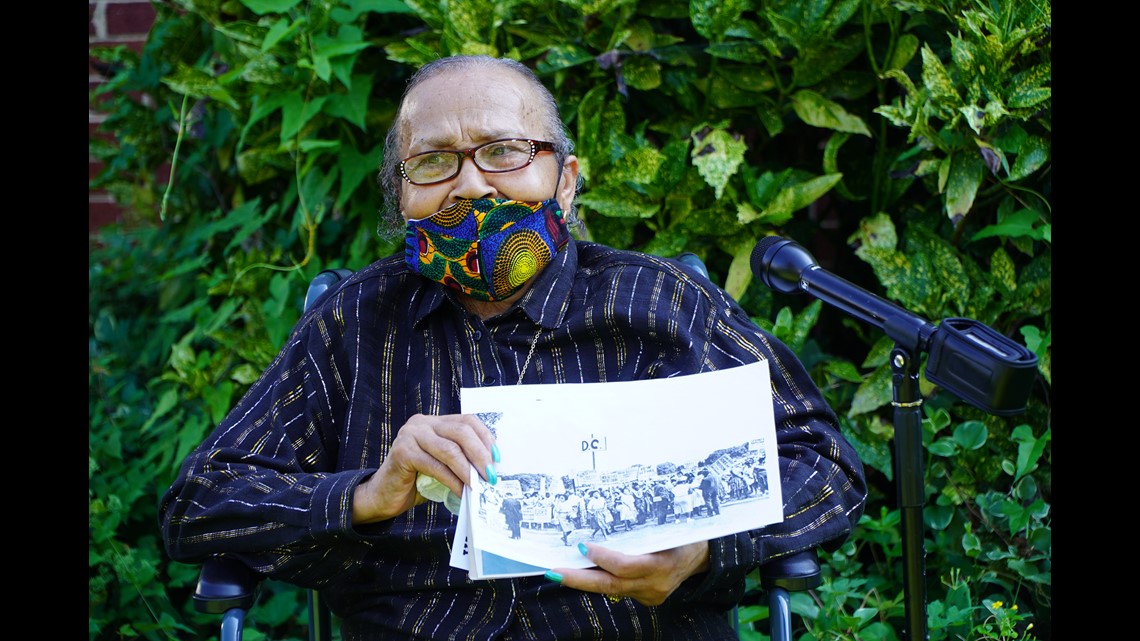
RELATED: Black LGBTQ+ people simultaneously fight for multiple equality movements | March on Washington

